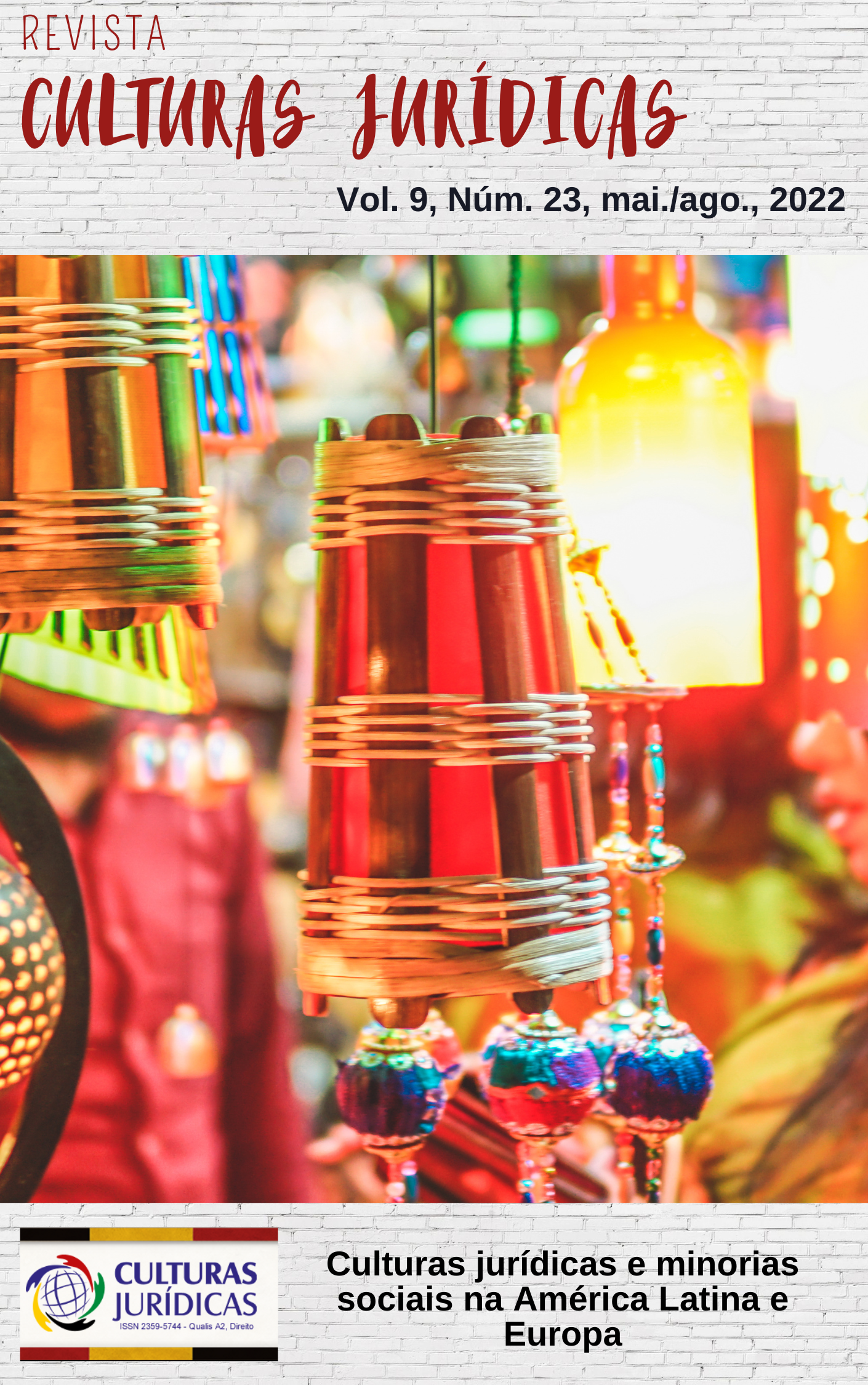LES FAILLES DE LA GOUVERNANCE MONDIALE DE LA SANTÉ ILLUSTRÉES PAR LA DISTRIBUTION DES VACCINS COVID-19
DOI :
https://doi.org/10.22409/rcj.v9i23.54728Résumé
La coopération mondiale en temps de crise est nécessaire pour apporter des réponses efficaces et faire respecter le droit humain universel à la santé. Cependant, la pandémie de COVID-19 a mis en évidence des faiblesses au sein de la gouvernance mondiale de la santé, notamment en ce qui concerne le programme COVAX et les distributions de vaccins. Cet article se propose de décrire et d'analyser de manière critique les failles de ces cadres. Une revue narrative de la littérature a été menée pour recueillir un large éventail d'informations sur les faiblesses du programme COVAX. De plus, les réalités contrastées au Brésil et au Canada ont été décrites pour illustrer les différences entre les deux nations. Les principaux thèmes extraits de la littérature comprenaient un passage au multilatéralisme, au nationalisme et au protectionnisme. En outre, la fragmentation au sein des cadres institutionnels internationaux et leur répartition des pouvoirs ont créé des zones grises et empêché des réponses efficaces. Ce document propose des mesures pour renforcer l'autorité de la gouvernance mondiale de la santé, notamment en révisant les politiques de réponse, en encourageant la coopération mondiale et en encourageant les nations à se réengager dans la coopération mondiale.





